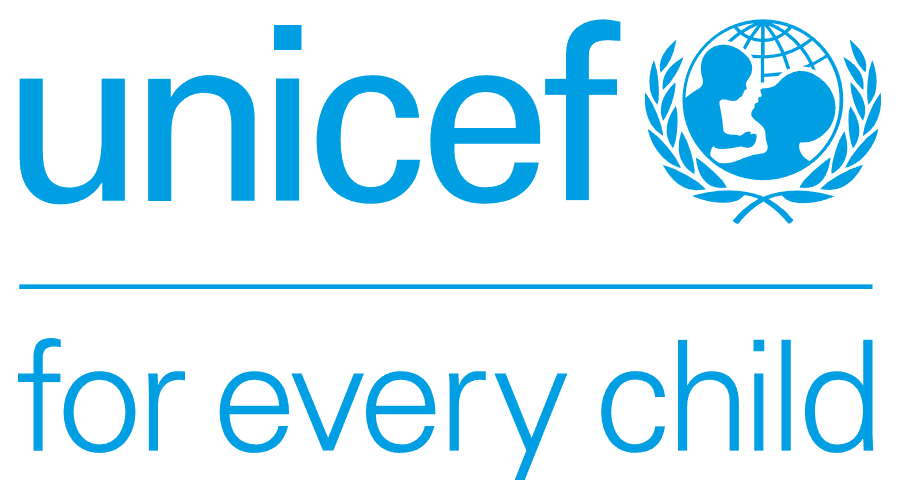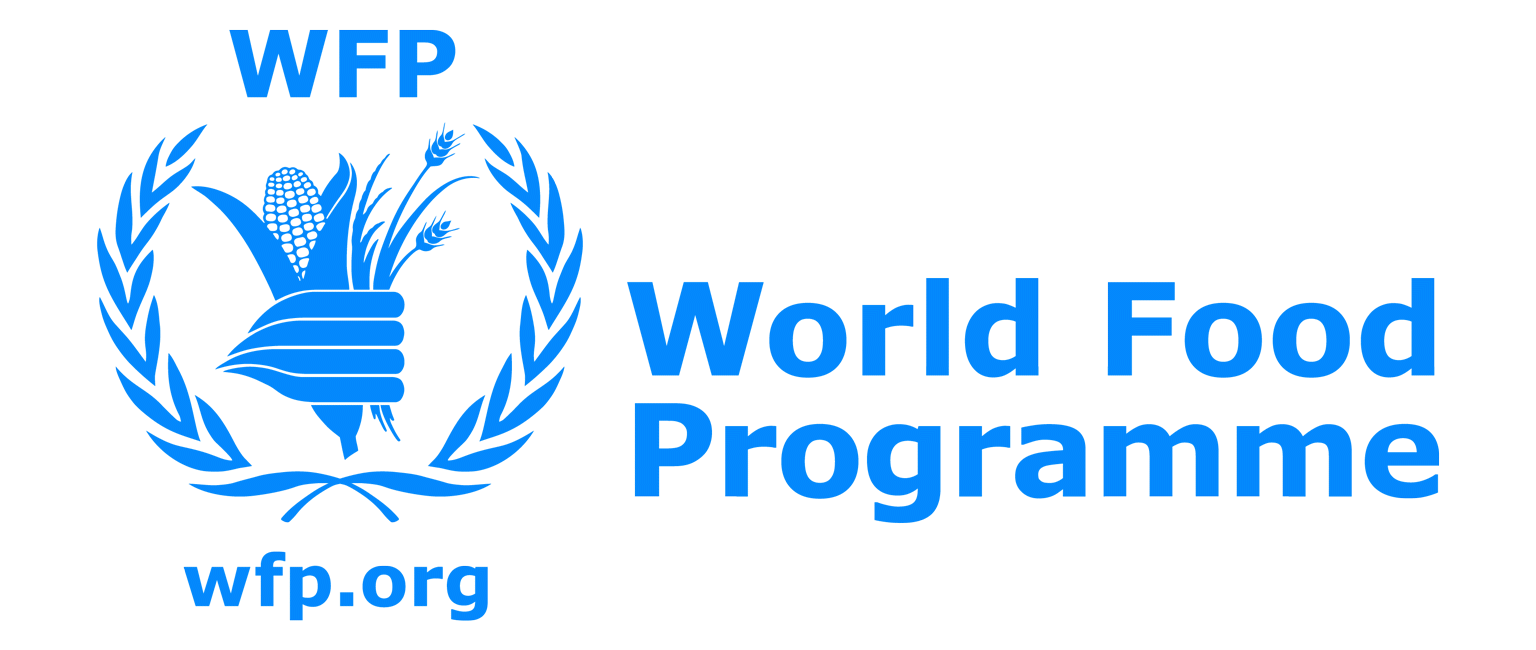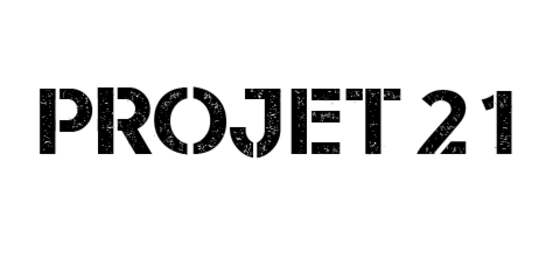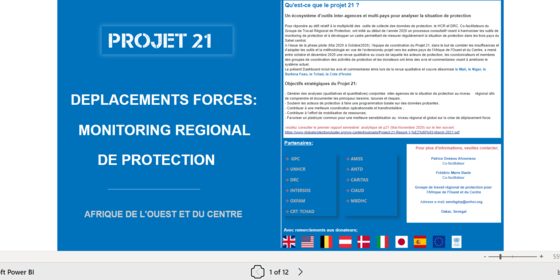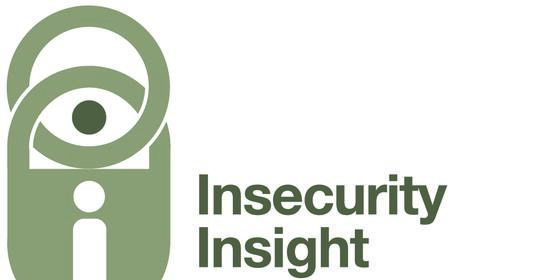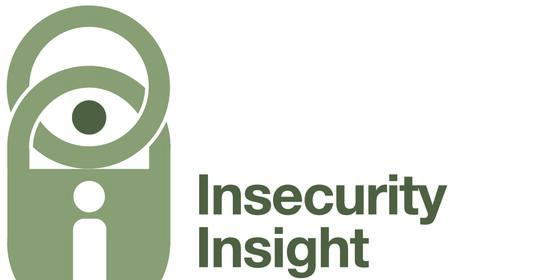Multi-Year Resilience Programme for the Central Sahel




|
As a consequence of the regional crisis affecting the Central Sahel, more than 7 million children in Burkina Faso, Mali and Niger need humanitarian assistance, while over 8 million children aged between 6 and 14 are out of school, which represents almost 55 per cent of children in this age group. In addition, over 4,000 schools have remained closed for 776,000 students because of insecurity alone during 2019-2020 school year. This is almost twice as much as in 2018-2019, while 12 million children missed at least four months of school across Burkina Faso, Mali and Niger due to Covid-19 restrictions. Yet the education sector remains one of the most underfunded sectors of the regional humanitarian response.
Education Cannot Wait (ECW) launched in January 2021 a regional multi-year programme of US$33.3 million in catalytic investment grants in response to the humanitarian crisis in the Central Sahel in Burkina Faso, Mali and Niger. The multi-year resilience programmes (MYRPs) in Burkina Faso, Mali and Niger bring together humanitarian and development actors to jointly deliver inclusive, quality education to children and youth left furthest behind in the Central Sahel, including refugee, internally displaced and host community children. These joint programmes will run for three years, with the goal of leveraging an additional US$117 million in co-financing from national and global partners, the private sector and philanthropic foundations.
In addition to the three country-level MYRPs, a regional component is also funded, aiming at providing a regional and cross-border vision through: 1) improving the quality and availability of data; 2) encouraging the exchange of good practices and lessons learned; and 3) increasing visibility of needs at regional and global level to support the mobilization of resources.
The programmes build upon the results of Education Cannot Wait’s US$30 million in first emergency investments across the three countries which were initiated in 2019.
These first emergency responses are currently reaching over quarter of a million girls and boys affected by forced displacements across the region.
|
Rapports Nationaux
ReliefWeb results
Niger + 2 more
Synthese des rapports nationaux - Rapport Regional de l’étude sur les « Obstacles à l’accès et à la continuité de l’éducation pour les enfants en situation de déplacement forcé dans la région du Sahel Central » 2022-2023

Introduction Les pays du Sahel central (Burkina Faso, Mali et Niger) subissent depuis plusieurs années une augmentation sans précédent de l’insécurité et des attaques de groupes armés non étatiques. Cette situation impacte extrêmement négativement les moyens de…
Niger
Niger: Rapport National de l’étude sur les « Obstacles à l’accès et à la continuité de l’éducation pour les enfants en situation de déplacement forcé dans la région du Sahel Central » 2022-2023

INTRODUCTION Le Niger est l’un des pays les plus touchés par les conflits armés en Afrique de l’Ouest. Sur les six (06) pays avec lesquels le Niger partage des frontières, cinq (05) d’entre eux vivent des conflits…
Mali
Mali: Rapport National de l’étude sur les « Obstacles à l’accès et à la continuité de l’éducation pour les enfants en situation de déplacement forcé dans la région du Sahel Central » 2022-2023

INTRODUCTION Depuis 2012, le Mali vit une crise sécuritaire sans précédent avec pour corollaire une instabilité politique et des conséquences socioéconomiques énormes. Les activités commerciales, agricoles et d’élevage se trouvent fortement affectés. Les commerçants craignent de fréquenter…
Burkina Faso
Burkina Faso: Rapport National de l’étude sur les « Obstacles à l’accès et à la continuité de l’éducation pour les enfants en situation de déplacement forcé dans la région du Sahel Central » 2022-2023

INTRODUCTION Le Burkina Faso, à l’instar des autres pays du Sahel central (Mali et Niger), traverse une crise sécuritaire sans précédent. Depuis les attaques ayant frappé la capitale Ouagadougou en janvier 2016, le Burkina Faso vit sous…
Key Documents
ECW R-MYRP Sahel - Project Proposal (dec 2020)
Regional component of the ECW facilitated Multi-Year Resilience Programme for the Central Sahel
Organization(s):
Norwegian Refugee Council
United Nations Children's Fund
United Nations High Commissioner for Refugees
ReliefWeb results
Burkina Faso + 2 more
Regional component of the ECW facilitated Multi-Year Resilience Programme for the Central Sahel - application for grant funding (December 2020)

Humanitarian and Displacement Context Since the beginning of 2020 widespread and indiscriminate violence by armed groups have intensified in the central Sahelian countries of Burkina Faso, Mali and Niger. At the same time social and political tensions…
Education Under Attack in West and Central Africa - 2023 Update
Insecurity forces closure of 13,000 schools for the upcoming school year in Central and West Africa
Over the past four years, the number of school closures due to insecurity has almost doubled, reaching more than 13,200 closed schools in eight countries of the region. The education of 2.5 million children is directly endangered, warns the Norwegian Refugee Council (NRC), the United Nations High Commissioner for Refugees (UNHCR), and the United Nations Children's Fund (UNICEF). Governments, armed forces, other parties to conflict, and the international community should take concerted action to stop attacks and threats against schools, students and teachers, and to strengthen sustainable support for quality learning for every child in the region.
In Central and West Africa, only 3.9 per cent of funding appeals for education had been met by the beginning of September. By way of comparison, 30.5% of calls for funds were met for the entire humanitarian sector in the region in September. Despite the explosion in needs, education is all too often neglected.
“Education is a lifeline for children. But for millions of children in Central and West Africa insecurity means they will be stuck outside the classroom this coming school year, unable to learn. Many will be forced to work, to join armed groups, or to get married, shattering their futures,” said Hassane Hamadou, NRC’s regional director in Central and West Africa. “The right to education is a fundamental right, regardless of the political and security situation of the country in which it is exercised. The signatory states of the Safe School Declaration must do their utmost to ensure its implementation and guarantee children a better future."
The situation in the Central Sahel is particularly acute. The number of schools closed increased nearly sixfold between 2019 and 2023, from 1,700 to almost 9,000. Burkina Faso alone accounts for half of the school closures recorded in Central and West Africa, with more than 6,100 schools closed as of July 2023.
In some cases, schools are the target of direct attacks by non-state armed groups. 147 incidents were reported between January and August 2023 across the region. In other cases, schools are deserted or abandoned following forced population displacements. Faced with conflict, families and teachers flee. Schooling is abruptly interrupted, not only for displaced children, but also for children from host communities whose schools are still standing and are overcrowded.
“In a region where the protection of civilians and their access to basic services is increasingly threatened by insecurity and conflict, we have a collective duty to act to ensure that schools remain safe spaces for all forcibly displaced children and youth and those from host communities”, said Xavier Creach, Deputy Director of UNHCR Regional Bureau for West and Central Africa.
Esther, 13, lost her father when an armed group attacked her village, Otomabere, in Ituri province, Democratic Republic of Congo. She fled with her mother and siblings, leaving behind her daily life as a little girl. "Many things have changed in my life. I haven't heard from my friends. I don't even know if they're still alive. And if they are, I don't think they can read or write any more, because the schools haven't reopened for two years in Otomabere," said Esther, who now goes to school in Oicha in North Kivu province. "I would like to learn a trade like tailoring because my father is no longer there to support me,” she added.
“Protecting schools from threats and violence is a critical step to breaking the cycle of crisis and reducing the likelihood of future conflicts,” said Felicité Tchibindat, UNICEF’s Regional Director for West and Central Africa. “Schools should be safe places for children.”
In the region, the closure of schools is disrupting the education of 2.5 million pupils, including one million in Burkina Faso. For these children and adolescents, the consequences are immense. "The oldest children are exposed to risks and abuse, such as unwanted pregnancies and child exploitation", said Etiendem Bridget, 54, a displaced teacher in Buéa, Cameroon.
In a context of protracted conflict and crisis, the future of whole generations of children is being jeopardised and will continue to be so unless urgent action is taken by governments and other key actors across the region.
ReliefWeb results
Burkina Faso + 19 more
Education Under Attack in West and Central Africa - 2023 Update

Insecurity forces closure of 13,000 schools for the upcoming school year in Central and West Africa Over the past four years, the number of school closures due to insecurity has almost doubled, reaching more than 13,200 closed…
Unprecedented school closures jeopardise the future of millions in West and Central Africa
Today, an unprecedented and very disturbing total of 13,371 schools remain closed as a result of conflict and insecurity in Central and West Africa. In line with the United Nations Security Council’s Resolution 2601 on the protection of schools in armed conflict, we call on governments, all parties to conflict and the international community to:
- Adopt holistic, integrated and multisectoral approaches to the implementation of the Safe Schools protocols and frameworks
- Immediately negotiate the non-occupation of schools by parties to conflict and re-opening of closed schools
- Develop and implement response plans based on quantitative and qualitative data, prioritizing the most at risk
- Reinforce alternative, innovative, accelerated, and flexible learning solutions for educational continuity
- Expand and improve psychosocial support to children, their teachers, and caregivers
- Increase predictable flexible and long-term financing for education in emergencies
Organizations:
Education Cannot Wait
Norwegian Refugee Council
United Nations Children's Fund
United Nations High Commissioner for Refugees
ReliefWeb results
Burkina Faso + 7 more
Unprecedented School Closures Jeopardise the Future of Millions in West and Central Africa

Today, an unprecedented and very disturbing total of 13,371 schools remain closed as a result of conflict and insecurity in Central and West Africa. In line with the United Nations Security Council's Resolution 2601 on the…
ReliefWeb results
World
Achieving Results: A New Way of Working - ECW’s Strategic Plan 2023 - 2026

ECW’s second Strategic Plan covers the period 2023-2026. The plan describes how ECW will build on its proven model, while catalyzing new solutions in response to the growing needs in the sector. The plan embodies the…
ReliefWeb results
Burkina Faso + 2 more
Rapport de démarrage de l’étude sur les « Obstacles à l’accès et à la continuité de l’éducation pour les enfants en situation de déplacement forcé dans la région du Sahel Central (Burkina Faso, Mali et Niger) »

I. Contexte et justification de l’étude Le Burkina Faso, le Mali et le Niger sont trois pays victimes de violences perpétrées par des groupes armés non étatiques. Ces violences se sont intensifiées ces dernières années avec pour…
ReliefWeb results
Burkina Faso + 2 more
Improve children’s wellbeing and learning in central Sahel: Increasing psychosocial support in schools

The security crisis on the central Sahel region (Burkina Faso, Mali and Niger) has been deteriorating due to an increased number of attacks from non-State armed groups (NSAGs) and inter-communal disputes. From northern Mali, to northern…
ReliefWeb results
Burkina Faso + 2 more
Study on the state of financing of education in crisis situations in central Sahel - Inception Report - October 2021

On behalf of the regional ECW consortium, composed of UNHCR, UNICEF, and NRC, NRC has commissioned Unbounded Associates to provide a technical and strategic analysis of the expenditure devoted to education in emergencies by national governments…
UNHCR Education Dashboards
ReliefWeb results
Burkina Faso + 3 more
Project 21 Regional protection monitoring - Factsheet Child Protection, June 2024

The Project 21 Factsheet aims to provide essential and recent data from the Protection Monitoring activities in crisis affected areas of Central Sahel and Chad. The notes are designed to share Project 21 information and insights…
Chad + 3 more
Project 21 Tchad : Factsheet Monitoring Protection Monitoring - Education in Central Sahel & Chad Data to Support Education Coherence (January 2024)

Introduction The Project 21 Factsheet aims to provide essential and recent data from the Protection Monitoring activities in crisis affected areas of Central Sahel and Chad*. The notes are designed to share Project 21 information and insights…
Burkina Faso + 2 more
Regional Bureau for West and Central Africa: Central Sahel - Education Dashboard: 2022-2023 School Year (September 2023)

Please see the attached infographic.
Central African Republic + 7 more
Regional Bureau for West and Central Africa Exam Results Dashboard for the 2021-2022 School Year (December 2022)

Please see the attached infographic.
Nigeria + 10 more
ECOWAS Countries - Education Dashboard: 2021-2022 School Year (October 2022)

Please see the attached infographic.
Burkina Faso + 2 more
Regional Bureau for West and Central Africa: Central Sahel - Education Dashboard: 2021-2022 School Year (October 2022)

Please see the attached infographic.
Central African Republic + 11 more
Regional Bureau for West and Central Africa - Education Dashboard: 2020-2021 School Year (September 2022)

Please see the attached infographic.
Burkina Faso + 1 more
Burkina Faso : Aperçu de la présence opérationnelle du HCR et ses partenaires en 2021 (Août 2021)

Please see the attached infographic.
Projet 21
Insecurity Insight
Related Links
Contacts

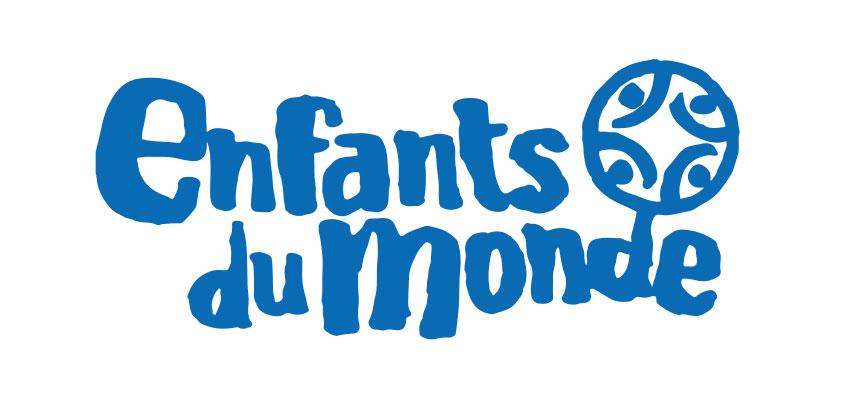

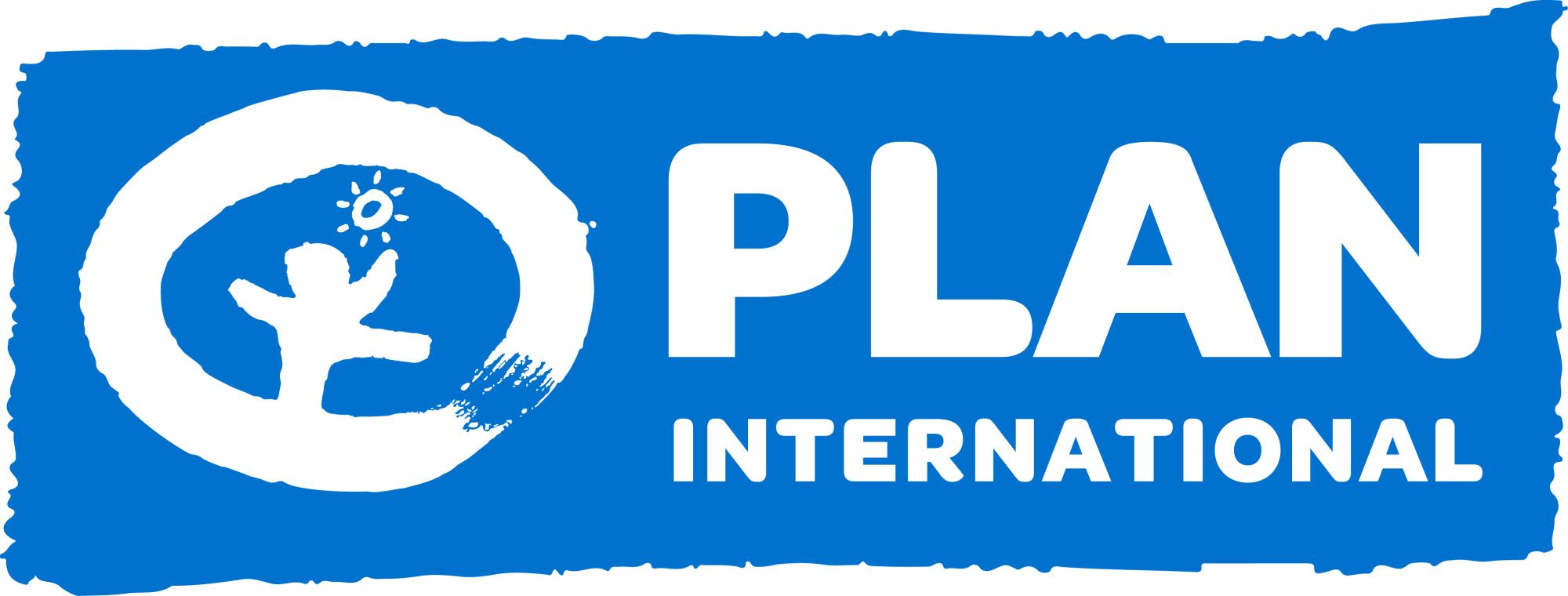
![]()

